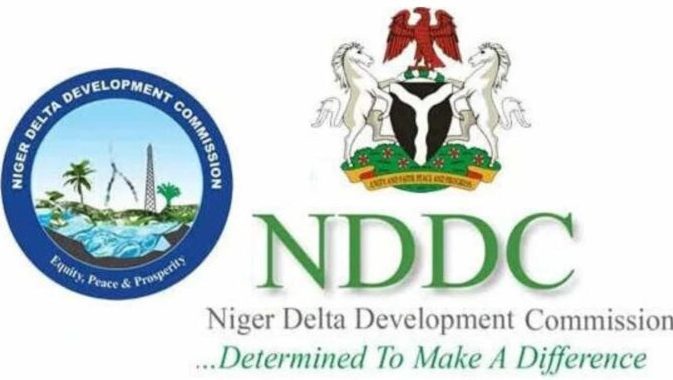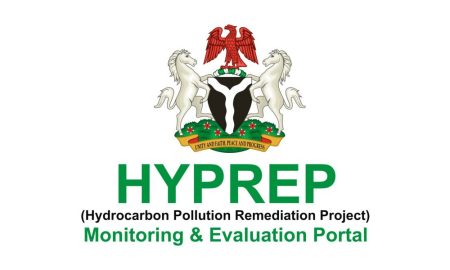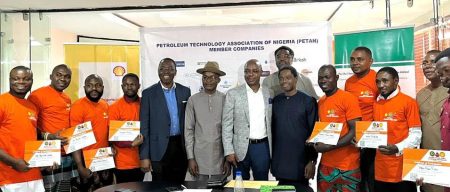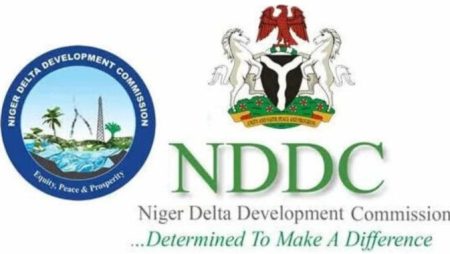 Mkpoikana Udoma
Mkpoikana Udoma
Port Harcourt — The Niger Delta Development Commission, NDDC, has pledged a transformative approach to its operations in 2025, with a renewed focus on delivering impactful projects and addressing long-standing developmental challenges in the Niger Delta.
The Managing Director of the NDDC, Dr. Samuel Ogbuku, disclosed this during a media briefing at the Commission’s headquarters in Port Harcourt, emphasizing that 2025 would mark a turning point for the region.
Ogbuku assured stakeholders that the Commission would not fail President Bola Tinubu or the people of the Niger Delta.
He said,.“The President has high expectations of us, and we shall not disappoint him and the people of the Niger Delta. He has expressed his dissatisfaction with the current level of underdevelopment in the region, and we are committed to making visible changes that align with his Renewed Hope Agenda.”
He added, “Mr. President has ensured we have the necessary funding to operate effectively. This challenge will spur us to do more for the people. We are confident that 2025 will be a prosperous year, especially in project delivery.”
The Managing Director highlighted key projects scheduled for completion in 2025, including the Kaa-Ataba Bridge in Rivers State, which he said would be delivered within seven months. “We have engaged the contractor, who assured us that the project would be completed on schedule. Once completed, this bridge will significantly improve connectivity and foster economic growth in the region,” Ogbuku noted.
He also disclosed plans to revitalize the Okirika-Borikiri Bridge, describing it as one of the legacy projects earmarked for execution under the 2024 budget cycle. “These projects demonstrate our commitment to delivering results that people can see and benefit from directly,” he said.
In addition, the NDDC will prioritize expanding access to potable water in rural communities to combat waterborne diseases like cholera. “As we work on major infrastructure projects, we will also implement smaller, community-focused initiatives that directly impact lives. People in rural areas deserve access to basic amenities like clean water, and we are determined to deliver,” he stated.
Ogbuku also emphasized the importance of reducing recurrent expenditures to maximize resources for developmental projects. “From 2025, every directorate must be mindful of their recurrent spending. Our goal is to invest more funds in capital projects because people judge us by the tangible results we deliver, not by how much we spend on intangible initiatives,” he explained.
The Commission will begin commissioning completed projects in February 2025 while intensifying work on ongoing initiatives and embarking on new ones. “We want to implement projects that directly impact communities because that is what elicits testimonies from our people. It is not just about building mega-projects; it is about ensuring every community feels our presence,” Ogbuku said.
To improve stakeholder engagement, the NDDC plans to launch a real-time feedback mechanism on its website. “Our website will be very active in 2025. Through the I-Reporter feature, we will receive real-time feedback and respond promptly. We also plan to empower our Community and Rural Development Directorate to reach out to communities and address their demands efficiently,” he disclosed.
“In 2025, you will all see a new NDDC. If the NDDC is good in 2024, in 2025, we will be better equipped to serve the people of the Niger Delta.”



